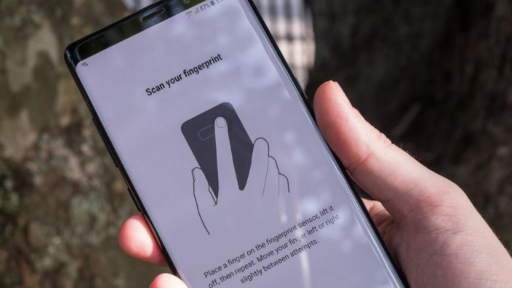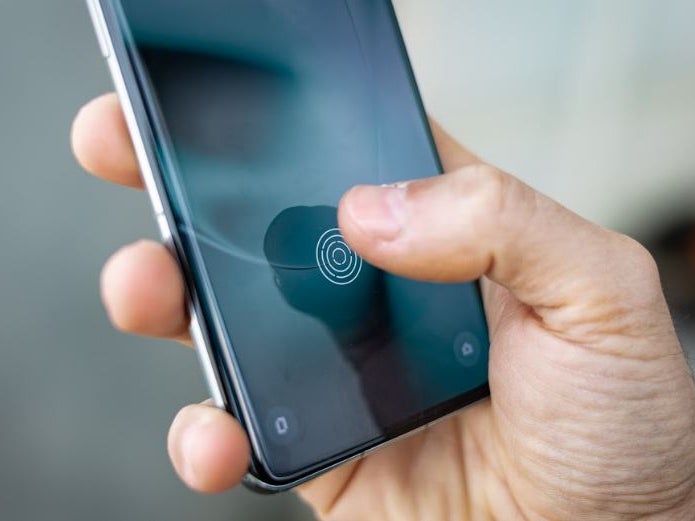Android seeks to solve the password problem once and for all

Forgot your password? Soon you may not have to worry about that problem at all. Android is poised to take care of the forgotten password problem once and for all as passkeys gain more popularity.
Passkeys, for those unaware, are a replacement for passwords and work similar to how your phone verifies it’s you before unlocking itself. This includes fingerprint scanning, face recognition, pattern unlocking and more. It’s something that has also been available on iOS for a while and Android is finally looking to make it mainstream at this month’s ‘Passkeys Week’ which will last from November 18-22.
There are two major reasons passkeys would serve as a better alternative to passwords:
- Ease of use
- Security
Passkeys, as mentioned above, eliminate the need to remember five different passwords for various sites and apps. This alone should make most people willing to adopt them once they’re made aware of their existence. I know I would much rather tap my thumb than type out a password while trying to remember if this site demanded special characters for its login credentials.

Isn’t this just so much simpler?
Passkeys are also a lot more secure than passwords because, unlike the latter, they’re not stored on a platform’s vulnerable servers. So the next time there’s a security breach, or an AT&T vendor doesn’t delete user data as obligated to, you won’t have anything to worry about. I’d also wager it’s a lot more difficult to mimic someone’s fingerprint than guessing their password.
Passkeys only really started taking off on Android last year and adoption still remains on the slow side. Part of it comes down to lack of awareness, which is something that ‘Passkeys Week’ aims to help with. There will be in-depth discussions about passkeys and how developers can implement them in lieu of traditional string passwords.
If all goes well in the coming few years we’ll hopefully see passkeys become the norm and passwords will be a distant memory of a more archaic past. And then perhaps we can finally turn our attention to the next order of business: 10,000 mAh batteries.